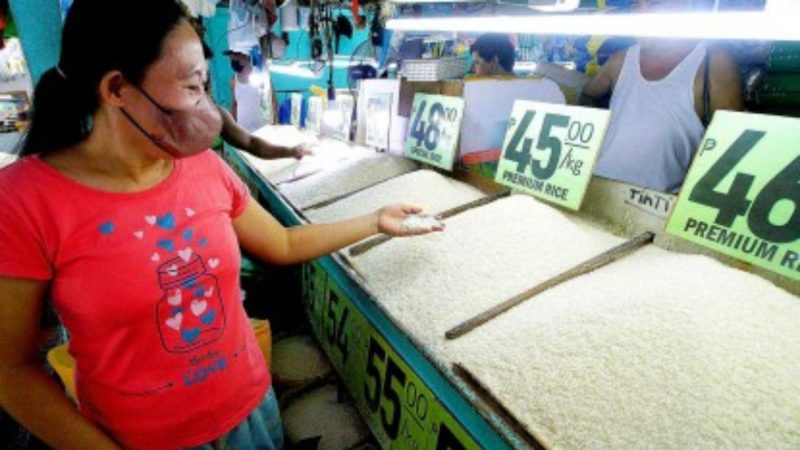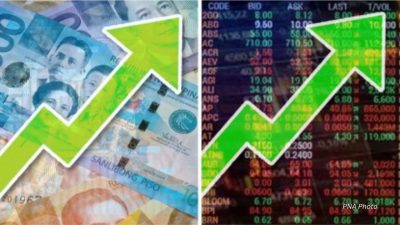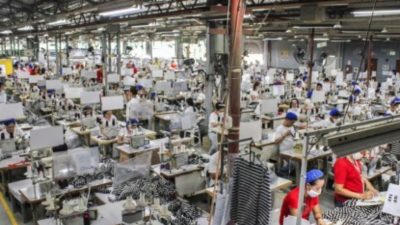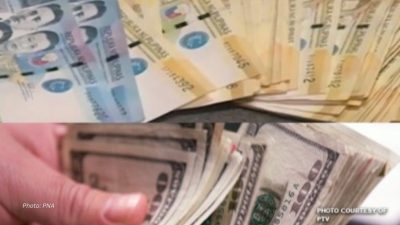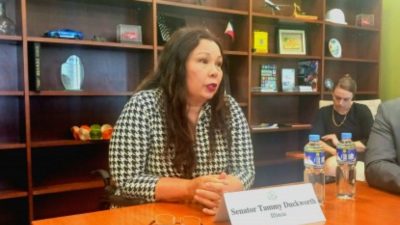MANILA – The National Economic and Development Authority (NEDA) said imposing price ceilings on rice will not only help lower prices but also discourages hoarding.
In a statement on Sunday, NEDA said while the country has enough supply of rice until the end of the year, rice prices have been increasing for the past weeks.
NEDA acknowledged that “we are facing difficult times” as the intensified El Niño Southern Oscillation (ENSO) phenomenon is expected to result in below-normal rainfall by the end of the year which may affect rice production.
It added that the trade-restricting protectionist behavior of certain rice-exporting countries, such as India’s ban on non-basmati rice exports to keep prices low at home, and the aggressive move of rice-importing countries to secure supply, have resulted in a decrease in the volume of rice being traded and expected to be traded in the global market.
“That said, we note that the price of rice has been sharply increasing over the past weeks, which is inconsistent with the apparent supply and demand situation. This implies that some are manipulating the expected impact of ENSO to depict a shortage at this time,” NEDA said.
“The imposition of a price ceiling on rice will address this issue in two ways: (1) it will immediately reduce the price of rice, and (2) it penalizes and consequently discourages hoarding, further decreasing the price of rice,” it added.
Last week, President Ferdinand R. Marcos Jr. approved the recommendation to impose mandated price ceilings on rice in the whole country.
Under Executive Order 39, the mandated price ceiling for regular milled rice is PHP41 per kilogram, while the price cap for well-milled rice is PHP45 per kg.
Data from the Department of Agriculture showed that as of Aug. 30, the price per kilogram of local regular milled rice in markets in Metro Manila ranged from PHP42 to PHP55, while local well-milled rice stood at PHP47 to PHP56.
NEDA said the government’s priority is to ensure that the country has an ample supply of affordable rice.
“The imposition of a price ceiling on rice is not a standalone initiative. Law enforcement authorities continue their valiant efforts to crack down on individuals who hoard, excessively profit from, smuggle, or participate in rice cartels,” NEDA said.
According to NEDA, the Rice Competitiveness Enhancement Fund continues to support farmers nationwide, enhancing their livelihoods and capacity to produce the rice Filipinos need.
The Inter-Agency Committee on Inflation and Market Outlook also continues to closely monitor the prices of rice and various other goods to provide anticipatory policy advice on dealing with inflation.
“We recognize and appreciate well-meaning actors in the rice market, such as farmers, cooperatives, traders, and importers, who are helping the Government ensure that every Filipino has access to affordable rice,” NEDA said.
“We are confident that the imposition of a price ceiling is only a temporary measure. We expect the rice harvest to commence soon and anticipate that other initiatives will produce the desired result,” it added. (PNA)

